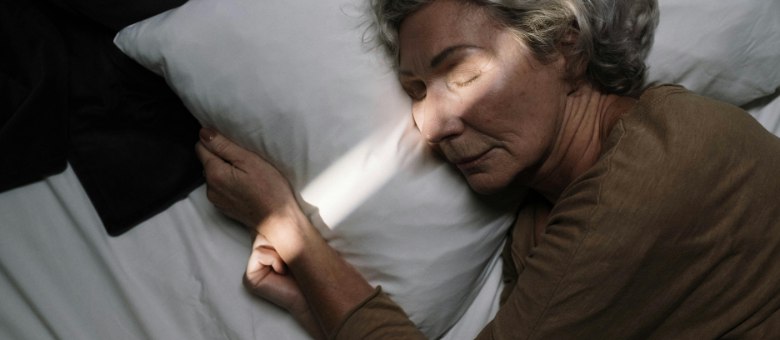
Sleep Disturbances And Dementia
According to the Mayo Clinic’s website, about 25 percent of people with mild to moderate dementia experience disturbances in their sleep. Nearly half of the individuals with severe dementia experience sleep disturbances, indicating that sleep troubles worsen as dementia progresses.
If you or someone you love has dementia, understanding what sleep disturbances are and how to manage them may help improve life quality and sleep.
What Is A Sleep Disturbance?
A sleep disturbance is a condition that affects a person’s ability to fall or stay asleep, including sleep disorders like insomnia. A sleep disturbance can also include a condition that affects a person’s wakefulness, like sleep apnea.
Signs and symptoms related to sleep disorders can vary depending on the condition, but people who have trouble sleeping may experience:
- Difficulty falling asleep even when feeling tired
- Waking up throughout the night
- Feeling fatigued throughout the day
How Are Dementia and Sleep Disturbances Related?
Experts are still trying to assess the exact correlation between dementia and sleep disturbances. One possible reason for sleep troubles is that dementia can affect a person’s production of melatonin. Melatonin is a hormone in the brain that makes people sleepy when it’s dark and alert when it’s bright outside. As the brain changes with dementia, it may affect a person’s melatonin production and sleep.
Other causes of sleep disturbances for people with dementia may include dementia medications or confusion at night, also called sundowning.
What Is Sundowning?
Sundowning is when a person with dementia has increased confusion at night. Sundowning is not a condition but a symptom of dementia that may cause a person to feel anxious, disorientated, or agitated. A person experiencing sundowning may also begin to pace, have trouble falling asleep, or have hallucinations.
Tips For Managing Sleep Disturbances
Sleep disturbances related to dementia can be a bit more difficult to manage, but a few lifestyle changes may help seniors fall and stay asleep.
Follow A Routine
Routines are helpful for seniors with dementia because they give predictability to their day. Routines can also train the body when to be awake and tired. A solid routine includes establishing a regular bedtime to get the body and mind conditioned for sleep.
Create A Relaxing Sleep Environment
You want the environment you sleep in to be relaxing. It should be free of distractions like televisions, cell phones, and laptops. It should also be dim or dark and at a comfortable temperature.
Find A Support Group
Dementia support groups are a great place to connect with others going through similar situations. Group leaders and members may also offer advice on how they or a loved one have slept better. If you’re interested in a free group, the Gulf Coast Dementia Services Support Groups meet for an hour on the second Tuesday of every month.
Dementia Care With Visiting Angels
Caring for a loved one with dementia is hard work, and it’s not something you have to do alone. At Visiting Angels, we provide at-home care services to help seniors age in place, including specialized care services for those with dementia.
Our team offers full-time, part-time, and overnight care to help dementia patients who may struggle with sleep disturbances. Caregivers provide physical and emotional support to help clients feel safe and comfortable at home. Services can include medication reminders, creating a relaxing sleep environment, encouraging bedtime, and mobility around the house. We also provide light housekeeping, meal preparation, appointment transportation, and personal grooming.
Contact our Gulf Shores office to learn more about our at-home care and dementia services.
